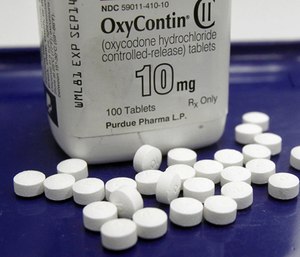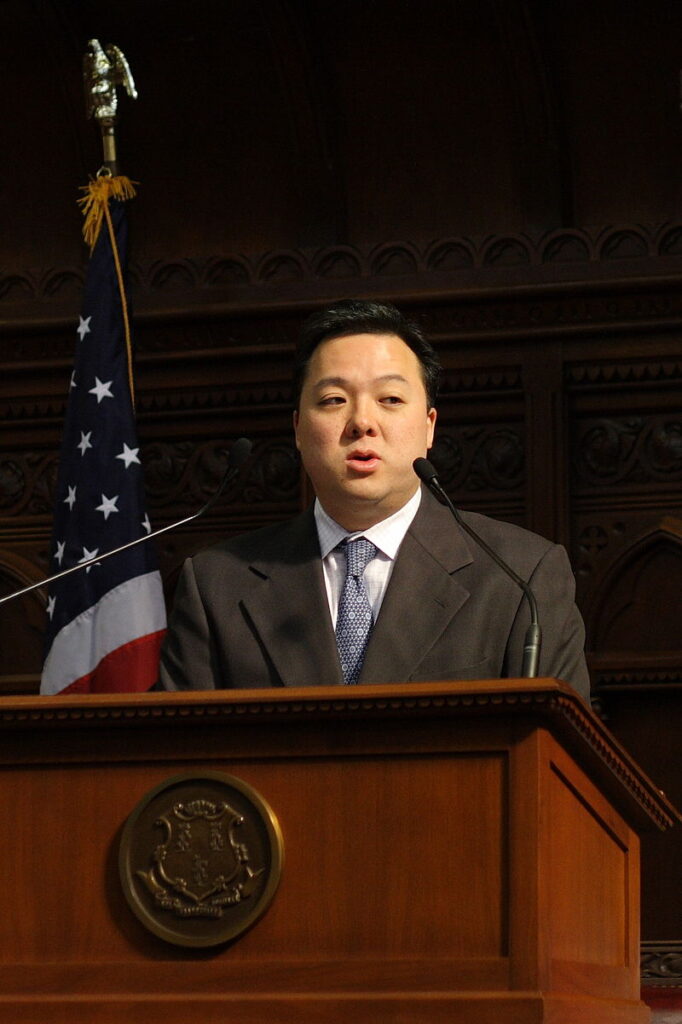Connecticut Attorney General, Mr. William Tong, has said that Purdue Pharma’s restructuring plan submitted in a New York bankruptcy court isn’t good enough and won’t be accepted. Instead, he has promised to continue pursuing the state’s opioid litigation against the drug manufacturer.
The declaration comes after Purdue Pharma has offered to pay approximately $4.28 billion to settle all opioid lawsuits that have been filed against it. While most states involved in the litigation seem to agree with the settlement deal, Tong has come out and declared that Connecticut would reject the offer in totality.

The AG says that the state is still deep into the opioid crisis, and they will do everything, including pursuing claims in a bankruptcy court to hold Purdue Pharma and members of the Sackler family fully accountable for the mess they created.
“The opioid litigation filed by the state continues,” Tong said in a press conference last week. The Sackler family still owns the majority of the Stamford-based company’s assets.
In an announcement made a few moments after the restructuring plan was officially announced, Tong and at least 21 other state attorneys general expressed their disappointment with the settlement deal.
No Budging on Opioid Litigation
The Attorney General has told the Connecticut Law Tribune that he isn’t budging, no matter what. He claims that the company only has an agreement with some of the parties involved in the opioid lawsuit, but it doesn’t have one with the State of Connecticut and 21 others.
He says that until the Sacklers get serious and real about having meaningful conversations about their significant contribution to the opioid crisis, the state will continue to pursue them with all available resources.
Tong, an outspoken critic of Purdue Pharma and the Sacklers, termed the state’s claims “very strong.”

However, in a statement emailed to newsrooms, Purdue Pharma declared that there is increasing support for their proposed restructuring plan, including from the Ad Hoc Committee of Governmental and Other Contingent Litigation Claimants that includes 23 state attorneys generals, tribes, counties, and cities. The committee also has members of the plaintiff executive committee from the Multi-District Litigation (MDL).
The statement further claims that the Multi-State Governmental Entities Group, which includes several local government entities and every organized group of private creditors that include groups representing thousands of personal injury claimants, ratepayers, hospitals, and many others, support the restructuring plan as well.
The Opioid Litigation Is Personal
Tong says that he feels like this is a “personal” battle because he has met many devastated families caring for their loved ones struggling with opioid addiction. Furthermore, Purdue Pharma is based in his hometown, which means he has a special obligation to be aggressive.
In his claim, the AG clearly states that “nothing can stop him from ensuring that the Sacklers and Purdue Pharma pay for their deeds.”
What Does Tong Want?
So, what does Tong and the 21 states that have rejected Purdue Pharma’s restructuring plan want to be satisfied?
On the day the drugmaker announced the restructuring plan, a joint press brief released by Tong said that the company must move swiftly and amend its proposal before the bankruptcy court in New York to support “transparency.”
Tong and the other 21 state attorneys general claim that they want clear transparency in the form of critical document disclosures so that the public can fully understand the role the drug manufacturer and the Sacklers played in fueling the opioid crisis to ensure it never happens again.
Many individuals, including the attorneys general, believe that Purdue Pharma, the manufacturer of OxyContin, played a significant role in fueling the opioid crisis.
According to the proposed settlement plan outlined in the bankruptcy court, the drugmaker pledges to pay $4.28 billion to reimburse entities such as states, counties, cities, local governments, and Native American tribes.
The settlement plan allows the company and the Sacklers to pay the amount over ten years.
What Are the Next Steps?
According to Tong, the next steps revolve around an injunction that is already in place. He says that there is already a fair bit of litigation around a court injunction stopping, albeit temporarily, states from pursuing opioid claims.
Members of the Sackler family are working so hard to keep the injunction in place, but he says they are also working to lift it.

In November 2020, the company pleaded guilty to at least three criminal charges filed against it by the federal government. One of the guilty pleas involved a count of dual-object conspiracy to defraud the federal government and violate the Food, Drug, and Cosmetic Act.
The other count involved pleas in violating the Federal Anti-kickback Statute relating to company payments of approximately $1million to Practice Fusion, a digital health records platform.
No one from Purdue Pharma or the Sacklers family will spend time in jail in connection with the guilty pleas.
Calling on Opioid Victims to Join Opioid Litigation
Have you or your loved one been affected by the opioid crisis in the country? Have you lost your loved ones to opioid overdose or addiction? An opioid litigation attorney can help you find the justice you deserve.
Speak to an experienced opioid lawsuit attorney today to find out if you qualify for compensation!



